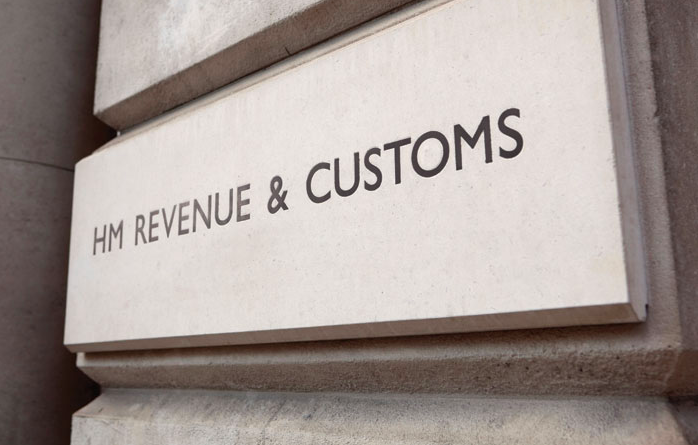They want to cut it to 17 per cent, one of the lowest rates in the world, and it's not sustainable.

As they attempt to cut corporation tax to 17 per cent, the Tories insist that tax cuts for big business and wealthy individuals actually boost tax revenue. Here’s why it’s not that simple.
Since 2010, the UK has seen corporation tax rates drop from 28% to 20% in 2015, to 19% in 2017 and it’s planned to fall to 17 per cent in 2020. In an age of mass public debt, where the Government should be, in theory, taxing more than it is spending, is this such a good idea?
One Conservative politician may have the answer. Speaking on Question Time earlier this month (2/11/17), Conservative MEP Daniel Hannan made a bold assertion about corporation tax:
“When…the corporation tax rate was cut, the amount of money that came into the Treasury hugely went up as business increased its activity.”
This is a revelatory statement. The Conservatives have seemingly stumbled upon the ultimate have-our-cake-and-eat-it situation. We can cut taxes for big business and get more money. Incentive, surely, to cut tax rates even further. And that’s exactly the plan.
With the aim to reduce corporation tax to 17% by 2020, the Treasury will have money coming out of its ears! By the same logic, Labour’s plans to increase corporation tax would presumably lead to a reduction in the nation’s coffers.
Except it’s not quite that simple. It is true that corporation tax revenues are higher than they have been since the mid-2000s and have enjoyed a particular spike this year. But is this down to a causal link with lower tax rates?
The short answer is no. But if lower corporation tax hasn’t increased revenue, what explains the boost in Treasury takings?
- Higher Profits: Firstly, there is the fact that corporations are simply making more profit than they were five years ago. It’s hard to accrue high tax revenues during a recession when nobody’s making any money. This increase in profitability is doubly significant for the banking sector, which has also had an additional 8% surcharge since January 2016.
- Corporation Tax Loss Relief: Secondly, while the base rate of corporation tax has been decreased, we have seen it increase in other, less direct, ways. One such way is through a reduction in tax loss relief, which basically means that business can offset any losses they make against future profits. From this year, the amount of profit that could be offset was capped at 50%, and an even more stringent 25% for banks, which essentially means more money going to the treasury.
- Tax Crackdowns: Thirdly, there has been a huge global effort to crack down on corporate tax avoidance, led primarily by the OECD, who launched their action plan in 2013. The measures introduced therein are now beginning to take effect, resulting in more corporation tax being paid.
And what about Labour’s plans? Under a Labour government corporation tax would be increased to 26% (still the lowest in the G7) – would this mean an attendant fall in tax revenue as businesses are stifled? Again, the answer is a resounding no.
The Institute for Fiscal Studies claims the tax rise proposed by Labour would “raise substantial sums” and that, under current Tory plans, tax revenues will decline considerably.
The truth is, there is no causal link between lower corporation tax and higher tax revenues and to suggest otherwise is economic propaganda. Current Conservative plans will see revenues decrease dramatically at a time when we desperately need money for public services. A reversal of these plans is the only way forward.
Conor Devine is a political journalist. You can follow him on Twitter here.
Left Foot Forward doesn't have the backing of big business or billionaires. We rely on the kind and generous support of ordinary people like you.
You can support hard-hitting journalism that holds the right to account, provides a forum for debate among progressives, and covers the stories the rest of the media ignore. Donate today.




One Response to “The Tories say cutting corporation tax boosts revenue. Here’s why it’s a lie”
Tony
Nearly 20 years ago, I got a Labour Party leaflet through my door that boasted of a cut in corporation tax. It would be a good thing, it claimed without any evidence at all.
The sad truth is that this form of ‘trickle down’ economics was started under Gordon Brown. He has thus helped the Conservatives. It is good to see the Labour Party now reject this nonsense.
But Labour needs also to go further and to reject Trident and the ridiculous level of military spending by Britain. Failure to do so will only assist the Conservatives just as the support for Corporation Tax cuts has helped them.
Labour needs to offer a choice and not an echo.